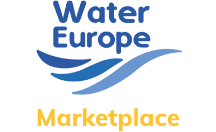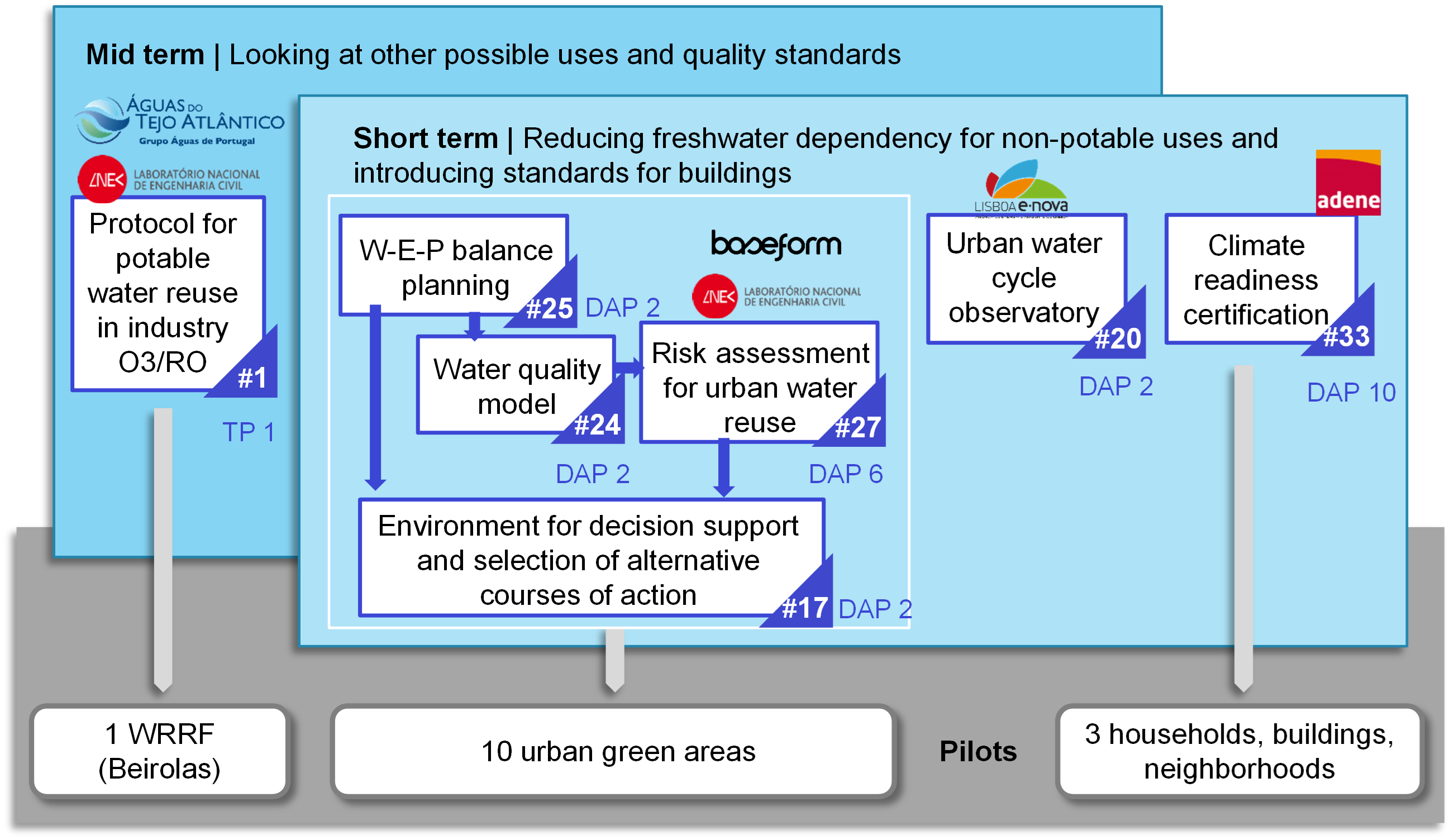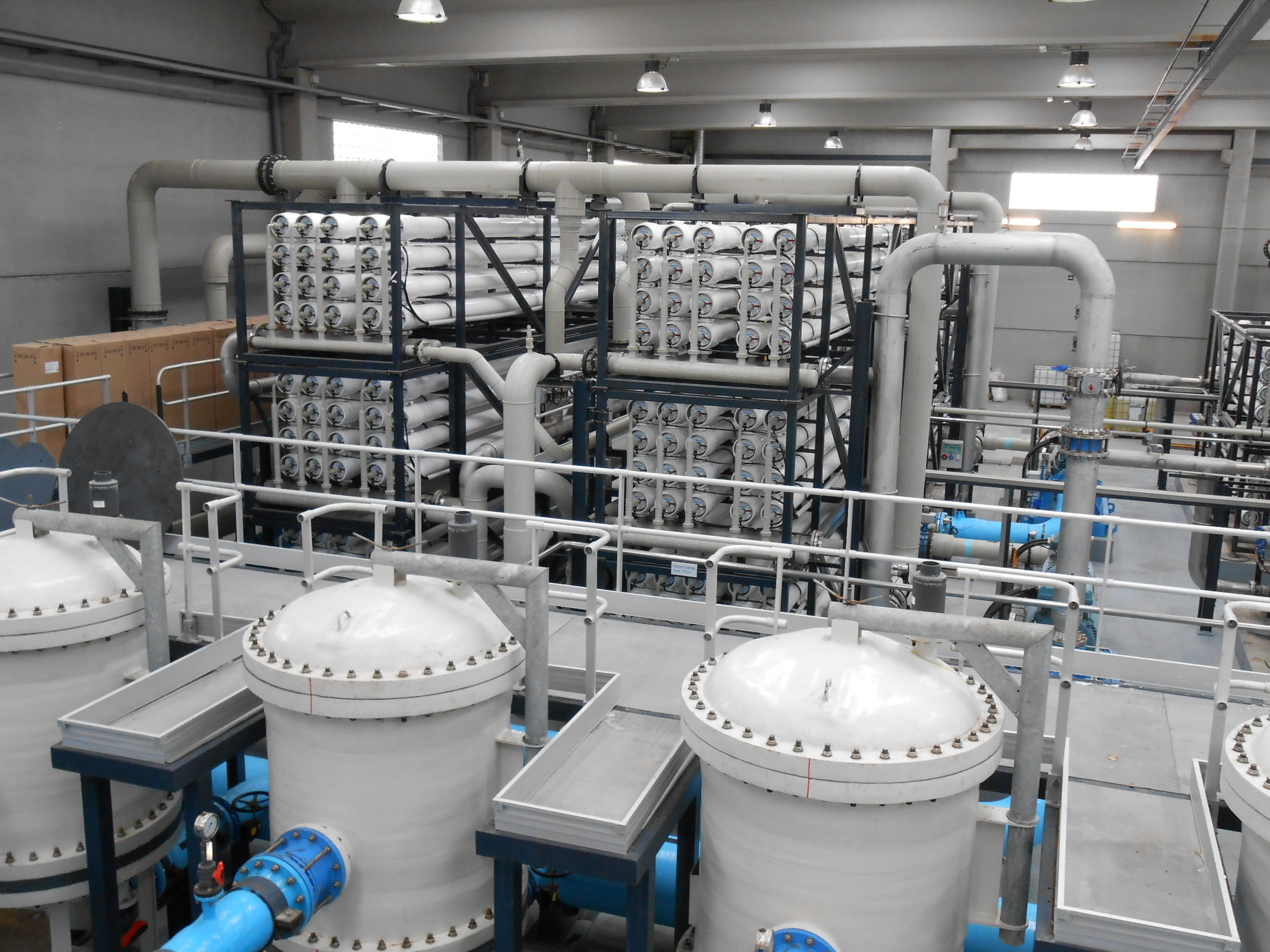Description
The Lisbon Living Lab key smart-water challenges are: a growing resident population and economy, dependent on distant freshwater resources (up to 100 km), climate challenges (e.g., droughts and floods) and the need to increase urban green areas. Lisbon has a smart management strategy for all key areas of urban development. Lisbon’s European Green Capital 2020 Award has catalysed political willingness and investments to improve the city’s water-smartness. The city aims at providing a high quality of life for an increasing population and a growing economy, whilst tackling climate change challenges based on a green-blue problem-solving infrastructure. Actions include increasing green areas while decreasing the city’s water-energy-phosphorus (W-E-P) footprint by improving the water supply & demand management, testing alternative sources (e.g., reclaimed water) and smart metering housing.
Lisbon LL ambitions are to deliver algorithms and software for a smart allocation of the water quality (fit-for-purpose) and quantity (water efficiency) in the city. Specifically, the ambition is to (i) improve the water supply / demand management and ultimately the city’s water-energy-phosphorus (WEP) footprint while increasing the green areas, (ii) promote the safe use of alternative sources (e.g., reclaimed water), and (iii) promote climate-ready (water-energy efficient, climate-change proof) housing.
Making Lisbon a water-smarter city implies the involvement of different stakeholders in the provision and use of water. The following approaches were considered for the desired transformation into a water-smarter society
- To increase the citizens’ awareness about the local context regarding the water use in the city via the provision of appellative information and to inform individual entities about their water consumption, in case of smart water metering (Tool #20)
- To support the decision-making process of water demand planners and managers in urban, municipal and water utility contexts, by delivering an overview of the current water supply and water demand in the city to enable prioritizing strategic and tactical planning options (Tools #17, #24, #25, and #27).
- To guide or assess the promotion of climate adaptation in housing via a certification process used by housing owners and planners (Tool #33).
Applied technology
Key lessons
A selection of key lessons
Pros:
- Since the goal is to optimise the use of water in the city for non-potable uses, the decision-making process should be demand driven, i.e., with a fit-for-purpose quality to satisfy an efficient water use.
- Decision-making tools must provide structured, user-friendly methodologies for human health and environmental risk assessment, making expert-knowledge available for risk managers and stakeholders responsible for non-potable water uses in the city.
- There is interest in the housing market in providing information on environmental aspects of buildings.
Challenges:
- Compiling information about water demand for non-potable uses in the city and available water sources can be difficult. Applying tools that function as data repository catalyses a proper data management.
- The results naturally depend on the quantity and quality of the information available for the calibration and use of the hydraulic and water quality models. The effort required to obtain this information is largely compensated by the benefits that the control of the disinfection process of reclaimed water has on the risk management associated to water reuse, as well as on the investment and operational cost of the reuse system.
- Exploiting the full potential of a smart-water allocation in Lisbon requires the existence of a public reclaimed water distribution network (nowadays available only in some areas), with sound asset management.
Legislation and policy recommendations
- National (Portuguese) legislation: Decree-Law 119/2019 on water reuse.
- European regulations: Reg. (EU) 741/2020 on minimum requirements for water reuse in agricultural irrigation and Urban Wastewater Treatment Directive (recast) (new proposal under approval).
Applied products

Risk Assessment for urban water reuse module
A human and environmental risk framework that assesses supply/demand combinations, based on a range of current risk sta…

Environment for decision support and alternative course selection
A multi-criteria decision framework designed to allow for direct comparison of the supply/demand matchmaking alternativ…
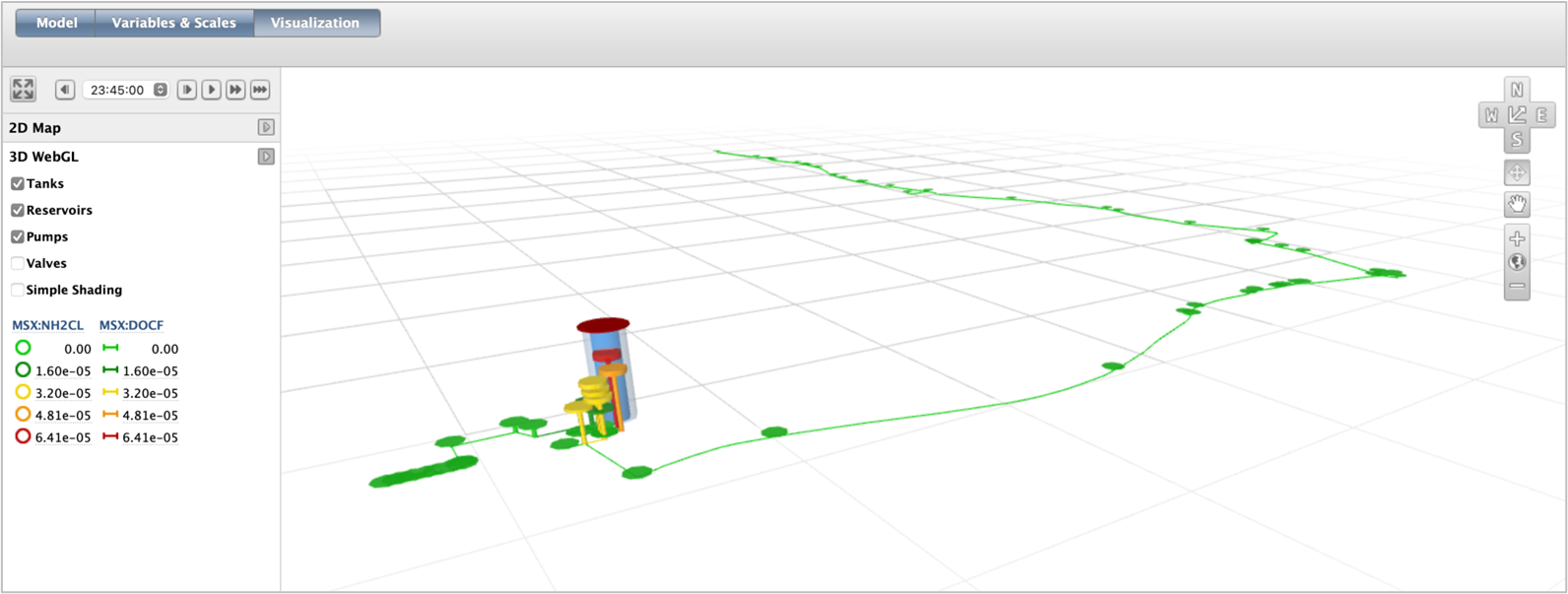
Reclaimed water distribution network water quality model
A complete hydraulic and water quality extended-period simulation model for pressure flow networks, designed to simulat…
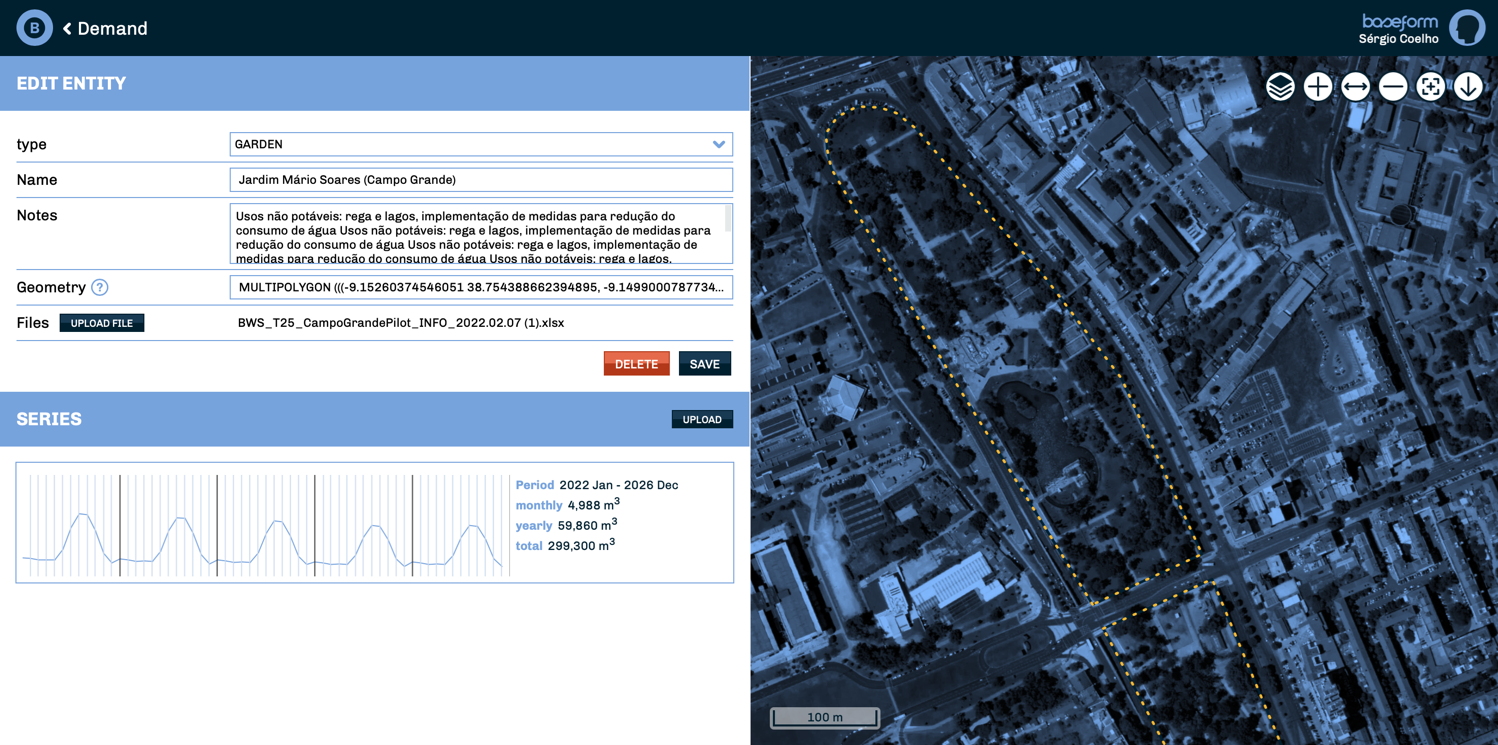
Water-energy- phosphorous balance planning module
A matchmaking environment where sources and demand points are combined. The supply and demand alternative combinations …
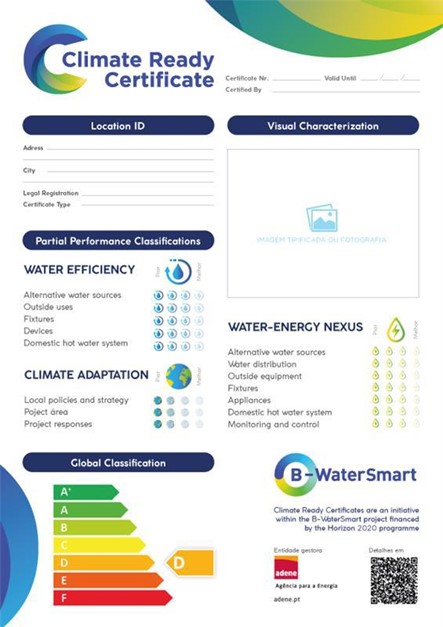
Climate Ready Certificates
Climate-readiness certification tool (CRC) is the online digital platform that calculates and emits the Climate-ready c…

Urban Water Cycle Observatory
The Urban Water Cycle Observatory is a data visualization instrument for monitor and communicate performance, support u…
Publications and references
- Costa, J., Mesquita, E., Ferreira, F., Rosa, M. J., and Viegas, R. M. (2021). Identification and modelling of chlorine decay mechanisms in reclaimed water containing ammonia. Sustainability, 13(24), 13548.
- Ribeiro, R., Rosa, M.J. (2022). Avaliação do risco para a saúde humana associado à reutilização de água: construção de cenários de exposição. 20.º ENASB, Cascais, 24-26 November 2022, 5 p. (communication in a conference)
